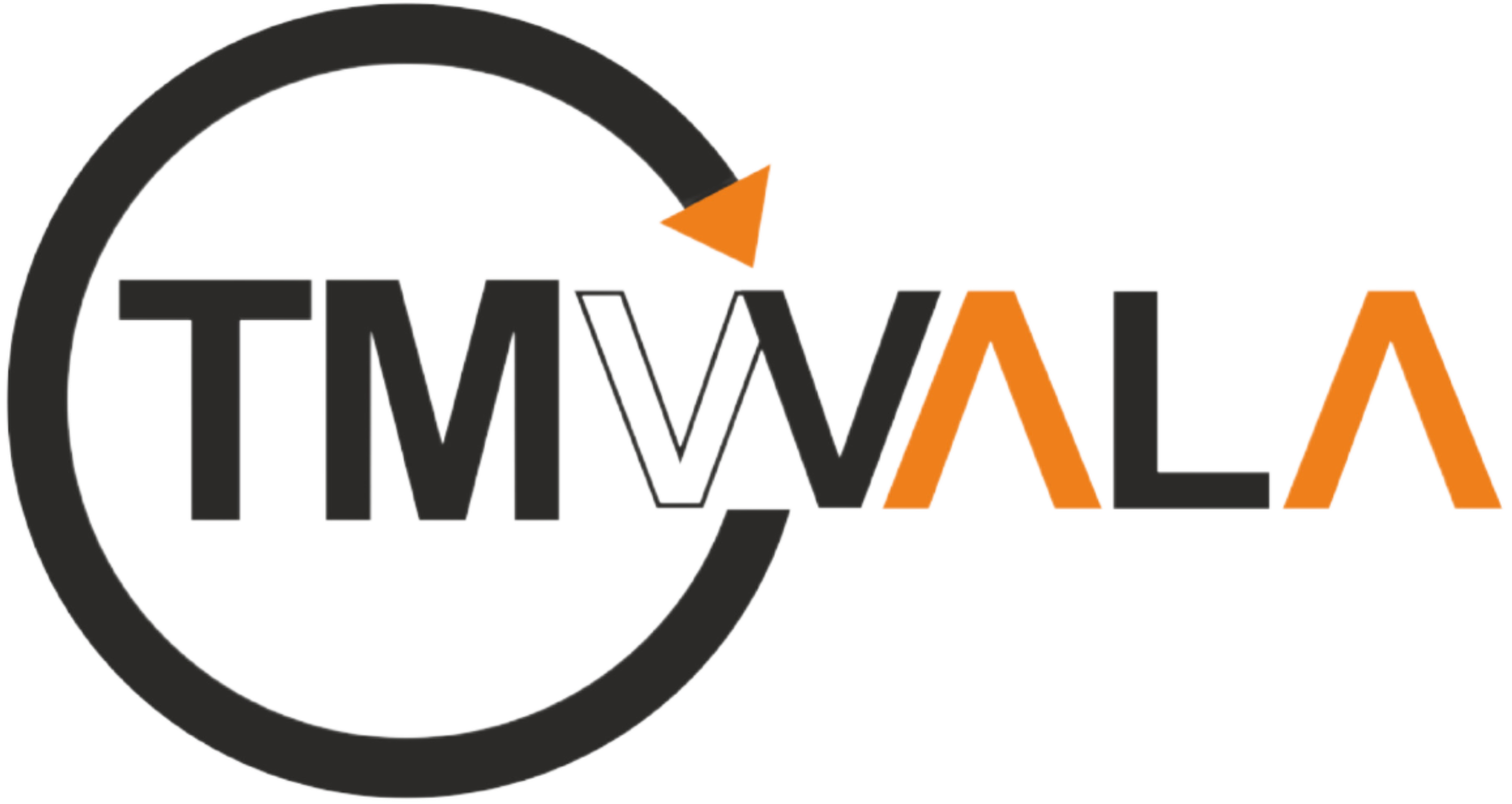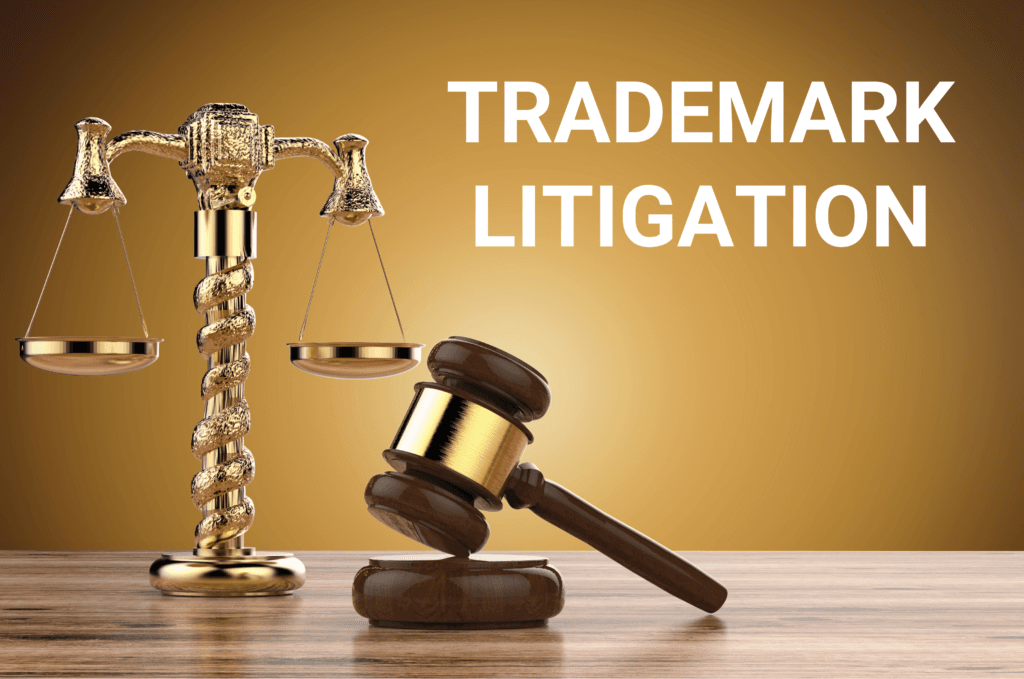Introduction
Trademark litigation is a crucial aspect of protecting intellectual property rights in India. It involves resolving disputes over the use, registration, and ownership of trademarks through the legal system. Trademark litigation can be complex and multifaceted, involving various legal provisions, procedures, and strategies. We will provide a detailed guide to trademark litigation in India, covering all aspects, including relevant sections of the Trade Marks Act, 1999, types of litigation, the litigation process, case laws, and frequently asked questions (FAQs).
Understanding Trademark Litigation
Trademark litigation typically arises when there is a dispute over the use of a trademark, such as cases of infringement, passing off, or disputes over ownership. The primary objective of trademark litigation is to protect the rights of the trademark owner and prevent unauthorized use that can cause confusion among consumers and damage the brand’s reputation.
Types of Trademark Litigation
Trademark litigation can take various forms depending on the nature of the dispute. The most common types include:
1. Infringement Litigation
Trademark infringement occurs when an unauthorized party uses a mark that is identical or confusingly similar to a registered trademark, leading to potential confusion among consumers. Infringement litigation seeks to stop the unauthorized use and obtain remedies such as damages and injunctions.
2. Passing Off Litigation
Passing off is a common law tort used to protect unregistered trademarks. It occurs when a party misrepresents their goods or services as those of another, causing confusion among consumers and damaging the goodwill of the trademark owner. Passing off litigation aims to prevent such misrepresentation and protect the reputation of the trademark owner.
3. Opposition and Rectification Proceedings
Trademark opposition and rectification proceedings are administrative actions that can lead to litigation. Opposition proceedings occur when a third party opposes the registration of a trademark, while rectification proceedings involve seeking the removal or amendment of a registered trademark from the register.
4. Ownership Disputes
Ownership disputes arise when there is a conflict over the rightful owner of a trademark. These disputes can occur between business partners, licensees, or in cases of assignment and transfer of trademark rights.
The Trademark Litigation Process in India
The trademark litigation process in India involves several stages, from filing a lawsuit to obtaining a final judgment. Below is a detailed overview of each stage.
1. Pre-Litigation Steps
a. Trademark Search
Conducting a comprehensive trademark search is essential before initiating litigation. This helps in assessing the strength of the trademark and identifying potential conflicts.
b. Cease and Desist Notice
A cease and desist notice is often the first step in trademark litigation. It is a formal communication to the infringer demanding that they stop using the infringing mark. The notice can also include a demand for damages and an undertaking not to infringe in the future.
2. Filing a Lawsuit
a. Jurisdiction
Trademark infringement and passing off suits can be filed in a District Court or a High Court that has jurisdiction over the area where the plaintiff resides or carries on business. Section 134 of the Trade Marks Act, 1999, outlines the jurisdiction of courts in trademark matters.
b. Pleadings
The pleadings include the plaint (filed by the plaintiff) and the written statement (filed by the defendant). The plaint should contain details of the trademark, the nature of the infringement, and the relief sought. The written statement should address the allegations made in the plaint and may include counterclaims.
3. Interim Relief
Interim relief, such as temporary injunctions, can be sought to prevent further infringement during the pendency of the lawsuit. The court may grant interim relief if it is satisfied that the plaintiff has a prima facie case, the balance of convenience is in favor of the plaintiff, and irreparable harm would be caused without the relief.
4. Evidence
Both parties are required to submit evidence to support their claims. This can include documents, affidavits, expert testimonies, and other relevant materials. The evidence stage is crucial as it forms the basis for the court’s decision.
5. Trial
During the trial, both parties present their arguments, examine and cross-examine witnesses, and submit their evidence. The court evaluates the evidence and hears the arguments to reach a decision.
6. Judgment
After considering all the evidence and arguments, the court delivers its judgment. The judgment can include orders for permanent injunctions, damages, account of profits, and delivery up of infringing goods for destruction.
7. Appeal
If either party is dissatisfied with the judgment, they can file an appeal to a higher court. The appellate court reviews the lower court’s decision and can affirm, reverse, or modify the judgment.
Case Laws on Trademark Litigation in India
1. Cadila Health Care Ltd. vs. Cadila Pharmaceuticals Ltd. (2001)
In this landmark case, the Supreme Court of India laid down the principles for determining the likelihood of confusion between two trademarks. The court emphasized the importance of considering factors such as the nature of the goods, the class of purchasers, the mode of purchase, and the degree of similarity between the marks.
2. Parle Products Pvt. Ltd. vs. J.P. and Co. Mysore (1972)
In this case, the Supreme Court held that in order to determine whether a trademark is deceptively similar to another, the overall impression created by the marks must be considered. The court ruled that the infringing mark need not be identical but should be likely to deceive or cause confusion among consumers.
3. Amritdhara Pharmacy vs. Satya Deo Gupta (1963)
The Supreme Court, in this case, held that the test for determining deceptive similarity is whether the marks, as a whole, are likely to cause confusion or deception in the minds of the public. The court also emphasized the importance of considering the nature of the goods and the target consumers.
Remedies in Trademark Litigation
The Trade Marks Act, 1999, provides various remedies for trademark infringement and passing off. These remedies can be sought through civil, criminal, and administrative actions.
Civil Remedies
- Injunctions: A court may grant temporary or permanent injunctions to restrain the infringer from using the infringing mark.
- Damages: The trademark owner can claim damages for the losses suffered due to the infringement.
- Account of Profits: The court may order the infringer to account for and pay the profits earned from the infringing activities.
- Delivery Up: The court may order the infringer to deliver up the infringing goods or materials for destruction.
Criminal Remedies
Trademark infringement is also a criminal offense under the Trade Marks Act, 1999. The following criminal remedies are available:
- Fines and Imprisonment: The infringer can be subjected to fines and imprisonment.
- Search and Seizure: Law enforcement authorities can conduct searches and seize infringing goods and materials.
Administrative Remedies
Trademark owners can also seek administrative remedies through the Trademark Registry, including:
- Opposition Proceedings: Filing an opposition against the registration of a confusingly similar trademark.
- Rectification Proceedings: Seeking the removal of an infringing trademark from the register.
Practical Tips for Trademark Litigation
1. Conduct Thorough Research
Before initiating litigation, conduct thorough research to gather evidence and assess the strength of your case. This includes conducting trademark searches, gathering proof of use, and identifying potential witnesses.
2. Seek Legal Advice
Trademark litigation can be complex, and it is advisable to seek legal advice from experienced trademark attorneys. They can provide expert guidance on the legal provisions, procedures, and strategies for your case.
3. Preserve Evidence
Preserve all relevant evidence, including documents, communications, and records of trademark use. This evidence is crucial for proving your case in court.
4. Consider Alternative Dispute Resolution
In some cases, alternative dispute resolution methods such as mediation or arbitration can be effective in resolving trademark disputes without the need for lengthy litigation.
5. Stay Informed
Stay informed about the latest developments in trademark law and relevant case laws. This knowledge can help you anticipate potential issues and adapt your litigation strategy accordingly.
Conclusion
Trademark litigation is a critical tool for protecting intellectual property rights in India. Understanding the various forms of litigation, the legal provisions, and the litigation process is essential for effectively safeguarding your trademark rights. By conducting thorough research, seeking legal advice, preserving evidence, and staying informed about the latest developments in trademark law, trademark owners can navigate the complexities of litigation and protect their brand’s reputation and goodwill.
FAQs on Trademark Litigation in India
1. What is trademark litigation?
Trademark litigation involves resolving disputes over the use, registration, and ownership of trademarks through the legal system. It can include infringement suits, passing off actions, and opposition and rectification proceedings.
2. What constitutes trademark infringement in India?
Trademark infringement occurs when an unauthorized party uses a mark that is identical or confusingly similar to a registered trademark, leading to potential confusion among consumers.
3. Can an unregistered trademark be protected through litigation?
Yes, an unregistered trademark can be protected through the common law tort of passing off, which requires the owner to prove goodwill, misrepresentation, and damage.
4. What are the remedies available in trademark litigation?
Remedies in trademark litigation include injunctions, damages, account of profits, delivery up of infringing goods, fines, imprisonment, and search and seizure of infringing goods.
5. How long does it take to resolve a trademark litigation case in India?
The duration of a trademark litigation case in India can vary, but it typically takes several years to reach a final resolution due to the complexity of legal proceedings and the workload of courts.
6. Can a foreign trademark be enforced in India through litigation?
Yes, a foreign trademark can be enforced in India if it is registered in India. Foreign trademarks not registered in India can still seek protection under the common law tort of passing off.
7. What is the role of the Trademark Registry in trademark litigation?
The Trademark Registry’s role is primarily administrative, including registering trademarks and handling opposition and rectification proceedings. Trademark litigation cases are adjudicated by courts.
8. Can the use of a similar domain name constitute trademark infringement?
Yes, the use of a similar domain name can constitute trademark infringement if it creates a likelihood of confusion among consumers regarding the origin of goods or services.
9. What is the process for filing a trademark infringement suit in India?
To file a trademark infringement suit, the trademark owner must file a plaint in the appropriate court, provide evidence of infringement, and seek relief such as injunctions, damages, and delivery up of infringing goods.
10. Can an infringing trademark be removed from the register?
Yes, an infringing trademark can be removed from the register through rectification proceedings initiated by the aggrieved party before the Trademark Registry.
11. Is it necessary to prove actual confusion to establish trademark infringement?
No, it is not necessary to prove actual confusion. The likelihood of confusion is sufficient to establish trademark infringement.
12. What is the significance of the “likelihood of confusion” test?
The “likelihood of confusion” test determines whether the similarity between the marks is likely to confuse or deceive consumers about the origin of goods or services. It is a key factor in assessing trademark infringement.
13. Can the use of a trademark in comparative advertising constitute infringement?
Comparative advertising is allowed as long as it is honest and does not take unfair advantage of or harm the reputation of the trademark being compared.
14. What is the difference between trademark infringement and passing off?
Trademark infringement involves the unauthorized use of a registered trademark, while passing off involves misrepresentation that leads to consumer confusion about the origin of goods or services, protecting the goodwill of unregistered trademarks.
15. What is the importance of conducting a trademark search before litigation?
Conducting a trademark search before litigation helps in assessing the strength of the trademark, identifying potential conflicts, and gathering evidence to support the case.














